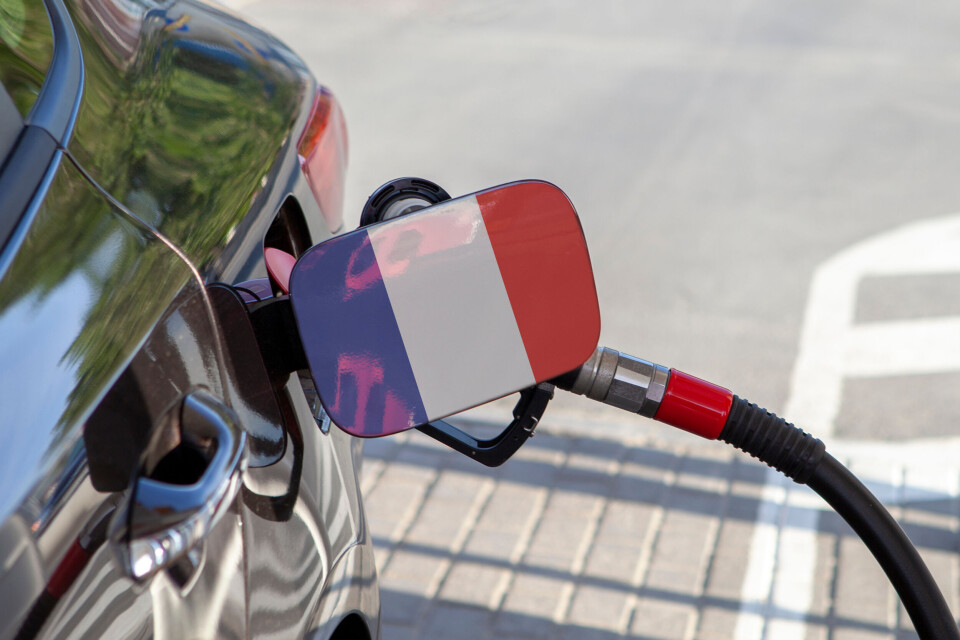-
French crisps brand gains global attention after Dua Lipa post
Singer posted photo of her shopping basket and the only food items were Brets crisps in braised chicken, honey mustard, and ‘Fromage du Jura’ flavours
-
Why supermarkets are urging shoppers to buy French leeks
Try our French classic leek vinaigrette recipe
-
New bill targets skiers under influence of alcohol or drugs
There are not currently any specific rules on skiing while under the influence
Ukraine crisis will push up petrol prices in France by 10c a litre
The government is not expected to lower taxes after handing out €100 inflation bonuses to around 38 million people

Petrol prices in France are set to rise by 10 centimes per litre in the next few weeks following Russia’s invasion of Ukraine.
The government is not expected to lower taxes on fuel, after distributing a €100 inflation bonus to around 38 million residents earning under €2,000 net per month.
Read more: Can I get France’s €100 ‘inflation bonus’ as a part-time worker?
Russian President Vladimir Putin ordered a wide-scale invasion of Ukraine yesterday morning (February 24), after several weeks of amassing troops at the country’s border. Russia is the world's second-largest exporter of oil.
Read more:Five updates on France’s reaction to Russia’s invasion of Ukraine
Read more: Macron: France strongly condemns Russia’s invasion of Ukraine
The new price hike is bad news for motorists who have already faced significant fuel price increases recently.
Last week, the average price per litre for diesel climbed over €1.70, a weekly increase of €0.60.
For unleaded 95, the most used fuel in France, average prices rose 1.3 euro cents in a week to €1.7618 per litre.
Prices could climb above €2 in more petrol stations around the country in the next few weeks. This is already the case in certain stations in the Paris area.
The threat of war had already pushed up oil prices, but the prices of Brent crude oil reached news highs this morning, trading at around $101.2 as of 08:00.
This is the highest the price has been since 2014, when Russia occupied the Ukrainian region of Crimea.
Russia is the world's second-largest exporter of oil, after Saudi Arabia, and is also the biggest producer of natural gas. Its war in Ukraine has led to supply issues, driving up prices.
France has a strategic reserve of approximately 18 million tonnes of petrol to deal with emergency situations. This will provide fuel for motorists for around two months, based on current consumption levels.
Apart from that, the government has little room for manoeuvre in terms of prices and stocks.
There is to be no decrease in taxes on the price of gasoline following the payment of the €100 inflation bonus, BFMTV reported.
























